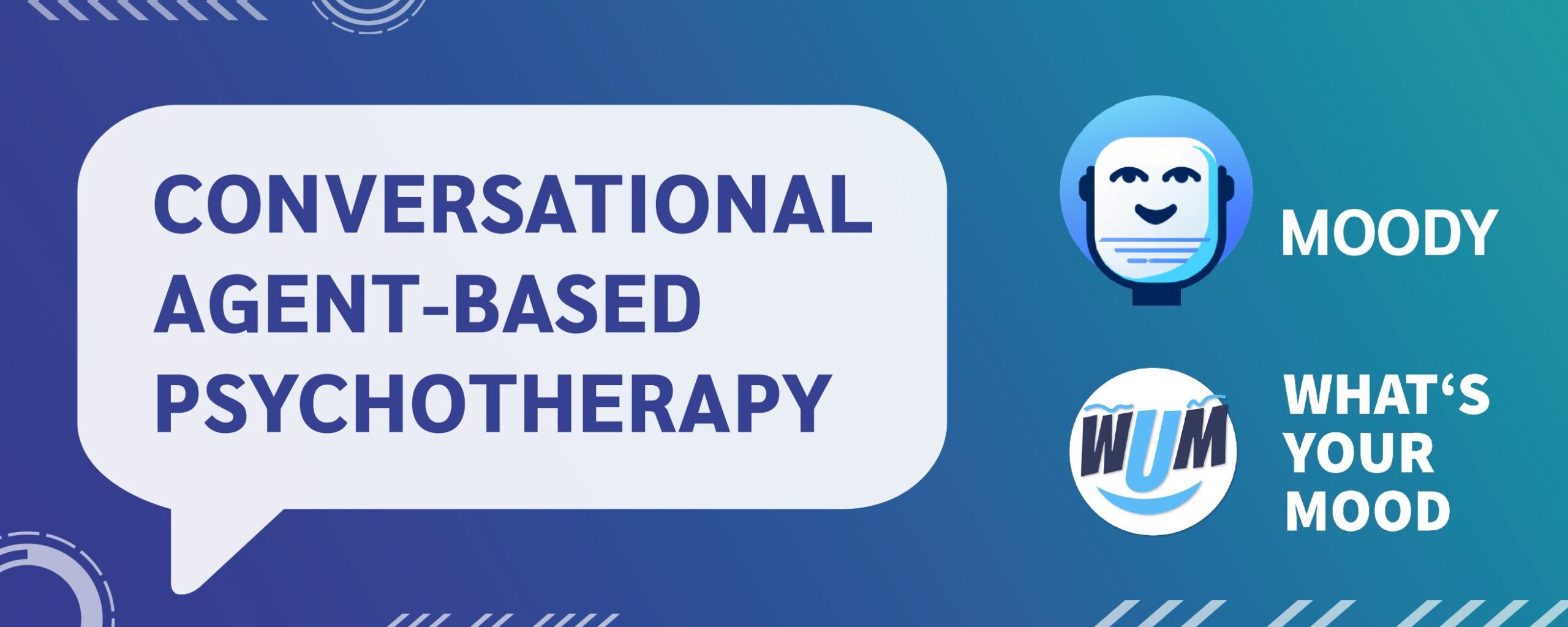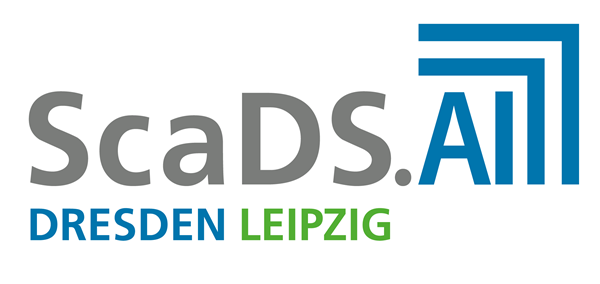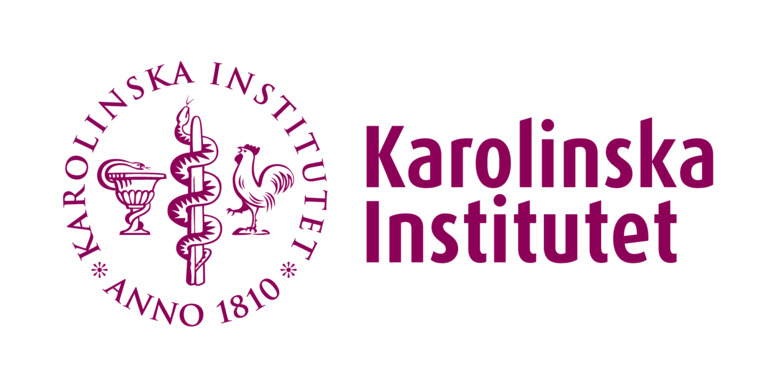Conversational Agent-based Mental Health Support

The global rise in the prevalence of mental health disorders, such as depression and anxiety disorders, and the development of new technologies in the field of natural language processing has resulted in a new area of research and a novel approach to mental healthcare: Conversational Agent-based Psychotherapy.
Even though research in this field only started in 2017, chatbots providing mental health support through cognitive behavioral therapy-based exercises and psychoeducational content are already used by millions. With the public access to large language models such as ChatGPT, Gemini, and others, many people started using those systems for psychoeducational purposes and mental health coaching as well – despite the lack of safety mechanisms and clinical oversight. However, research on ethical guidelines, the efficacy of chatbots and voice assistants in mental health, and the safety of those systems for the vulnerable population group of people with mental health problems is still lacking. Furthermore, currently, available systems often lack accessibility features, such as the support of multimodality, are based on limited concepts for emotional modeling, lack aspects of explainable AI, and do not take additional ethical guidelines, such as data privacy, transparency, and user safety in case of emergencies into account.
Our research aims to add to the field by investigating methods and technologies for increasing the accessibility, adaptivity, and usability of multimodal conversational agents for mental health support through interventions based on cognitive behavioral therapy for the primary target group of students. To reach this goal, we are currently developing two main AI and machine learning-based demonstrators:
Moody
A multimodal conversational agent that provides customized mental health coaching sessions to increase resilience and educate on mental health disorders and possible interventions. The system utilizes standardized clinical self-assessment questions in an easy-to-follow conversational format to assess the needs of users regarding their mental health. Based on this, a selection algorithm customizes an exercise session to support mental well-being.
What’s Ur Mood (WUM)
An AI-based system for the tracking of emotional and mental health states, and the activation of personal resources through behavior activation and resource diaries. In WUM we use our state-of-the-art model for emotion recognition combined with interventions based in resource-oriented psychotherapy and cognitive behavioral therapy in a system that ensures data privacy through data encryption, and user safety through the detection of mental health crises to support the mental health of users.





